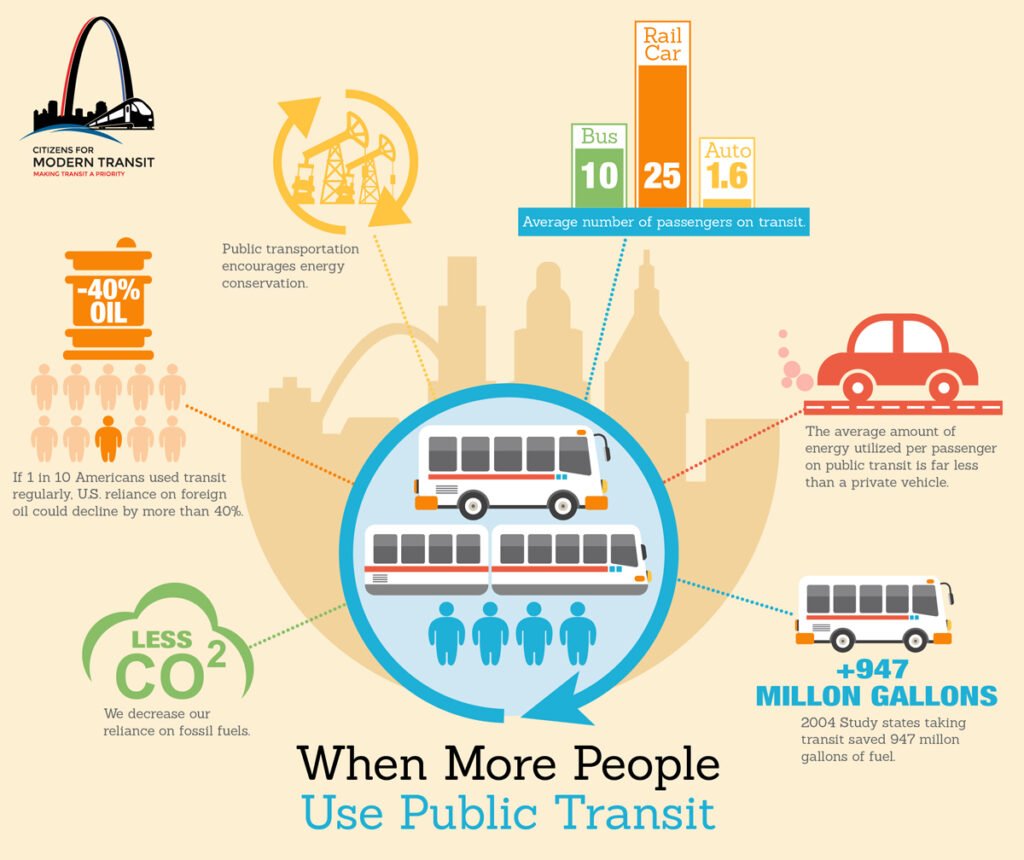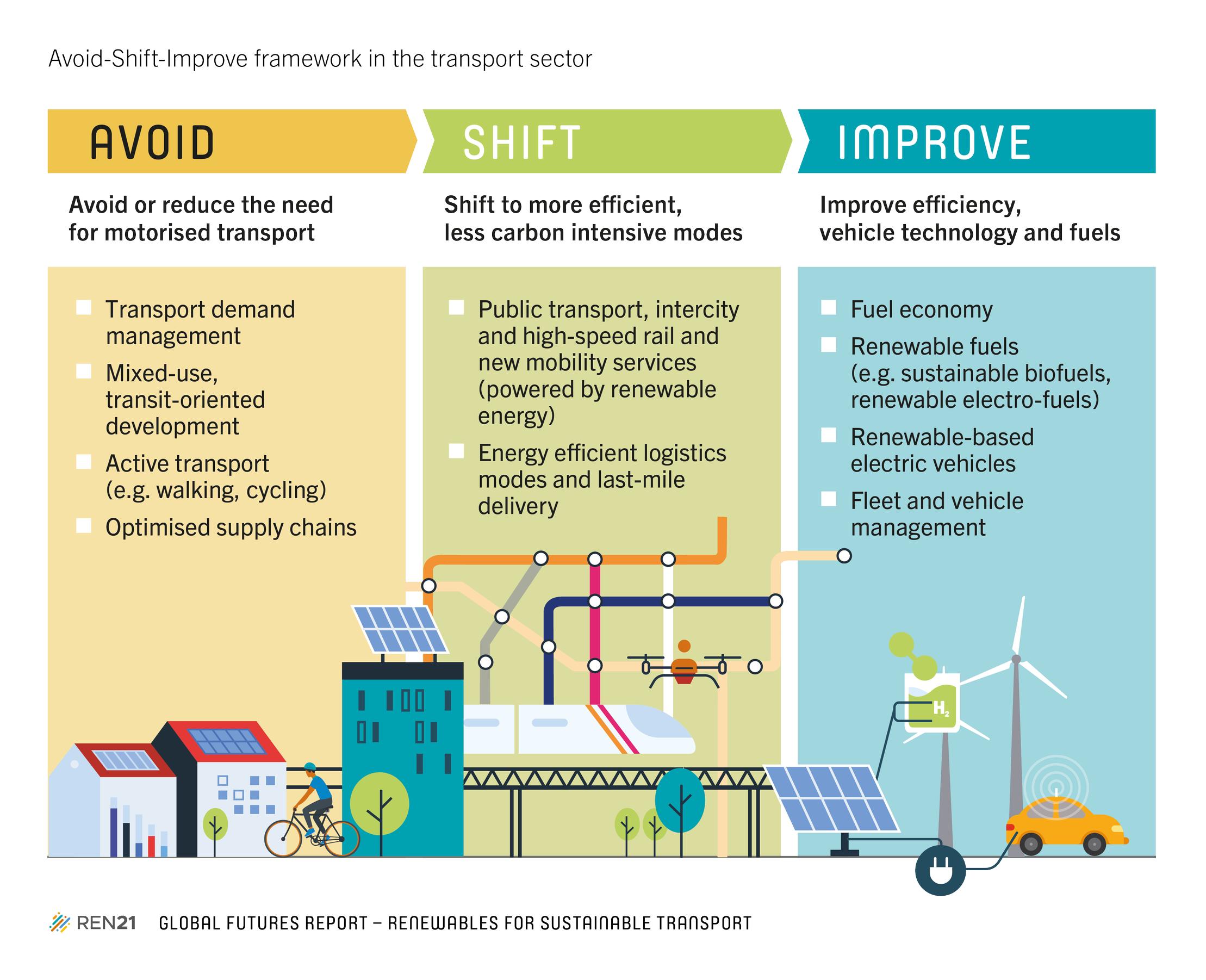How sustainable transportation policies curb fossil fuel dependency

The world's reliance on fossil fuels has severe environmental consequences, with transportation being a significant contributor to greenhouse gas emissions. As concern for climate change grows, governments are implementing sustainable transportation policies to reduce dependence on fossil fuels. These policies aim to promote eco-friendly modes of transport, decrease emissions, and create a healthier environment. By examining the impact of sustainable transportation policies, it becomes clear that they play a crucial role in mitigating climate change. Effective policies can significantly curb fossil fuel dependency, leading to a more sustainable future for generations to come.
- Reducing Fossil Fuel Dependency through Sustainable Transportation Policies
-
Reducing Reliance on Fossil Fuels through Sustainable Transportation Strategies
- What role does transportation play in reducing reliance on fossil fuels?
- Alternative Modes of Transportation
- Improving Fuel Efficiency
- Investing in Sustainable Infrastructure
- 'How can transportation policies effectively decrease reliance on fossil fuels?'
- Promoting Electric and Hybrid Vehicles
- Enhancing Public Transportation and Non-Motorized Transport
- Implementing Fuel-Efficient Policies and Regulations
- 'What transportation policies can effectively minimize reliance on fossil fuels?'
- Promoting Electric and Hybrid Vehicles
- Enhancing Public Transportation
- Encouraging Active Transportation
- Frequently Asked Questions
Reducing Fossil Fuel Dependency through Sustainable Transportation Policies
The world's reliance on fossil fuels for transportation has severe environmental and economic implications. The combustion of fossil fuels releases greenhouse gases, contributing to climate change and air pollution. To combat these issues, governments and cities are implementing sustainable transportation policies aimed at reducing our dependency on fossil fuels. These policies not only promote environmentally friendly modes of transport but also contribute to a more sustainable and livable urban environment.
Promoting Alternative Modes of Transportation
Sustainable transportation policies encourage the use of alternative modes of transportation such as cycling, walking, and public transport. By investing in infrastructure like bike lanes and pedestrian-friendly roads, cities can make these alternatives more appealing and safer for citizens. Furthermore, enhancing public transportation systems with efficient and reliable services can significantly reduce the reliance on personal vehicles, thereby decreasing fossil fuel consumption.
Encouraging the Adoption of Electric Vehicles
Another key aspect of sustainable transportation policies is the promotion of electric vehicles (EVs). Governments are offering incentives such as tax credits, subsidies, and preferential parking for EV owners to encourage their adoption. By investing in EV charging infrastructure, cities can make owning an electric vehicle more practical and appealing to a wider audience. This shift towards EVs can significantly reduce greenhouse gas emissions from transportation.
Implementing Congestion Charges and Low Emission Zones
Cities are also implementing congestion charges and low emission zones to curb the use of polluting vehicles. Congestion charges discourage the use of personal vehicles in heavily trafficked areas, while low emission zones restrict access to certain areas for vehicles that do not meet specific emission standards. These measures not only reduce traffic congestion but also encourage the adoption of cleaner vehicles, further reducing dependency on fossil fuels.
| Policy Measure | Description | Impact |
|---|---|---|
| Investing in Public Transport | Enhancing public transportation systems to make them more efficient and reliable. | Reduces reliance on personal vehicles, decreasing fossil fuel consumption. |
| Promoting Electric Vehicles | Offering incentives for the adoption of electric vehicles and investing in EV charging infrastructure. | Significantly reduces greenhouse gas emissions from transportation. |
| Congestion Charges and Low Emission Zones | Implementing charges and restrictions on polluting vehicles in certain areas. | Decreases traffic congestion and encourages the use of cleaner vehicles. |
Reducing Reliance on Fossil Fuels through Sustainable Transportation Strategies
What role does transportation play in reducing reliance on fossil fuels?

Transportation plays a significant role in reducing reliance on fossil fuels as it is one of the largest consumers of energy worldwide. The sector is heavily dependent on fossil fuels, with the majority of vehicles running on gasoline or diesel. However, with the increasing awareness of climate change and the need to reduce greenhouse gas emissions, there is a growing shift towards alternative modes of transportation and fuels.
Alternative Modes of Transportation
Alternative modes of transportation such as electric vehicles, hybrid vehicles, and public transportation can significantly reduce the reliance on fossil fuels. These modes of transportation offer a cleaner and more efficient way of transporting people and goods. The benefits of alternative modes of transportation include reduced greenhouse gas emissions, improved air quality, and increased energy efficiency.
- Electric vehicles produce zero tailpipe emissions, reducing air pollution in urban areas.
- Hybrid vehicles combine conventional engines with electric motors, improving fuel efficiency.
- Public transportation can reduce the number of private vehicles on the road, decreasing overall emissions.
Improving Fuel Efficiency
Improving fuel efficiency is another way to reduce reliance on fossil fuels in the transportation sector. This can be achieved through the development of more efficient vehicles, improving logistics and routing, and promoting eco-driving practices. By reducing the amount of fuel consumed, we can decrease our dependence on fossil fuels and lower emissions.
- Developing more efficient engines and transmissions can improve fuel efficiency.
- Optimizing routes and reducing idling times can also reduce fuel consumption.
- Eco-driving practices, such as maintaining proper tire pressure and driving at moderate speeds, can improve fuel efficiency.
Investing in Sustainable Infrastructure
Investing in sustainable infrastructure is crucial for reducing reliance on fossil fuels in the transportation sector. This includes investing in electric vehicle charging infrastructure, improving public transportation systems, and developing non-motorized transportation infrastructure such as bike lanes and pedestrian paths. By investing in sustainable infrastructure, we can support the adoption of alternative modes of transportation and reduce our dependence on fossil fuels.
- Installing electric vehicle charging stations can support the adoption of electric vehicles.
- Improving public transportation systems can reduce the number of private vehicles on the road.
- Developing non-motorized transportation infrastructure can promote walking and cycling.
'How can transportation policies effectively decrease reliance on fossil fuels?'

Transportation policies can effectively decrease reliance on fossil fuels by implementing a multi-faceted approach that incorporates various strategies and technologies. One key aspect is to promote the use of alternative modes of transportation, such as electric or hybrid vehicles, public transportation, cycling, and walking. Governments can incentivize the adoption of eco-friendly vehicles by offering tax credits, subsidies, or preferential parking and toll policies.
Promoting Electric and Hybrid Vehicles
Promoting electric and hybrid vehicles is a crucial step in reducing fossil fuel dependence. Governments can encourage the adoption of these vehicles by investing in charging infrastructure and offering incentives to consumers and manufacturers.
- Investing in charging infrastructure to ensure convenient and widespread access to charging points
- Offering tax credits or subsidies to consumers who purchase electric or hybrid vehicles
- Implementing policies that encourage manufacturers to produce more electric and hybrid vehicles
Enhancing Public Transportation and Non-Motorized Transport
Enhancing public transportation and non-motorized transport is another vital strategy for reducing reliance on fossil fuels. By investing in efficient public transportation systems and creating infrastructure that supports cycling and walking, governments can provide citizens with viable alternatives to driving.
- Investing in efficient and reliable public transportation systems, such as buses and trains
- Creating bike-friendly and pedestrian-friendly infrastructure, such as dedicated bike lanes and pedestrianized zones
- Implementing policies that encourage the use of public transportation, such as congestion charges or low-emission zones
Implementing Fuel-Efficient Policies and Regulations
Implementing fuel-efficient policies and regulations is also essential for decreasing reliance on fossil fuels. Governments can establish fuel efficiency standards, impose carbon pricing, and implement low-emission zones to encourage the use of cleaner vehicles and reduce emissions.
- Establishing fuel efficiency standards for vehicles to encourage manufacturers to produce more efficient vehicles
- Imposing carbon pricing to provide a financial incentive for reducing emissions
- Implementing low-emission zones to restrict access to certain areas for polluting vehicles
'What transportation policies can effectively minimize reliance on fossil fuels?'

To minimize reliance on fossil fuels, various transportation policies can be implemented. One of the most effective ways is to promote the use of alternative modes of transportation, such as electric or hybrid vehicles, public transportation, cycling, and walking. Governments can encourage the adoption of these alternatives by providing incentives, investing in infrastructure, and implementing policies that discourage the use of fossil fuel-based transportation.
Promoting Electric and Hybrid Vehicles
Promoting electric and hybrid vehicles is a crucial step towards reducing reliance on fossil fuels. Governments can offer incentives such as tax credits, rebates, or exemptions from certain fees to encourage consumers to purchase electric or hybrid vehicles. Additionally, investing in charging infrastructure can alleviate range anxiety and make electric vehicles more appealing to a wider audience.
- Implementing low-emission zones to restrict access to certain areas for polluting vehicles
- Providing subsidies for the purchase of electric or hybrid vehicles
- Investing in charging infrastructure along highways and in public parking areas
Enhancing Public Transportation
Enhancing public transportation is another effective way to minimize reliance on fossil fuels. By providing reliable, efficient, and affordable public transportation options, governments can encourage people to switch from private vehicles to public transportation. This can be achieved by investing in modernizing public transportation fleets, optimizing routes, and increasing the frequency of services.
- Investing in clean public transportation technologies such as electric or hybrid buses
- Implementing smart traffic management systems to reduce congestion
- Promoting integrated public transportation systems that combine buses, trains, and bike-sharing services
Encouraging Active Transportation
Encouraging active transportation, such as cycling and walking, is also an effective way to reduce reliance on fossil fuels. By creating safe and accessible infrastructure for pedestrians and cyclists, governments can promote a healthier and more sustainable transportation culture. This can be achieved by investing in bike lanes, pedestrianized zones, and improving street lighting and safety features.
- Creating dedicated bike lanes and pedestrianized zones
- Implementing bike-sharing schemes and promoting cycling infrastructure
- Improving street lighting and safety features to encourage walking
Frequently Asked Questions
What are sustainable transportation policies?
Sustainable transportation policies aim to reduce the environmental impact of transportation by promoting eco-friendly modes of transport. These policies include investments in public transport, pedestrian and cycling infrastructure, and encouraging the use of electric or hybrid vehicles. They also involve implementing congestion charges and low-emission zones to discourage fossil fuel-based transportation, ultimately curbing dependency on fossil fuels and mitigating climate change.
How do sustainable transportation policies reduce fossil fuel dependency?
Sustainable transportation policies reduce fossil fuel dependency by promoting alternative modes of transport that are not reliant on fossil fuels. By investing in public transport, pedestrian and cycling infrastructure, and electric vehicle charging infrastructure, these policies decrease the demand for fossil fuels. Additionally, policies like congestion charges and low-emission zones discourage the use of fossil fuel-based vehicles, further reducing dependency.
What are the benefits of implementing sustainable transportation policies?
Implementing sustainable transportation policies has numerous benefits, including reducing greenhouse gas emissions, improving air quality, and decreasing traffic congestion. These policies also promote economic benefits by reducing the financial burden of fossil fuel imports and creating jobs in the clean energy sector. Furthermore, they enhance the quality of life for citizens by providing safe and accessible transportation options.
Can sustainable transportation policies be effective in urban areas?
Yes, sustainable transportation policies can be highly effective in urban areas. By investing in public transport, pedestrian and cycling infrastructure, and implementing congestion charges, cities can significantly reduce their reliance on fossil fuels. Urban areas can also benefit from promoting the use of electric or hybrid vehicles, and implementing low-emission zones to minimize air pollution. These policies can be tailored to address the unique transportation challenges of urban areas.

Leave a Reply